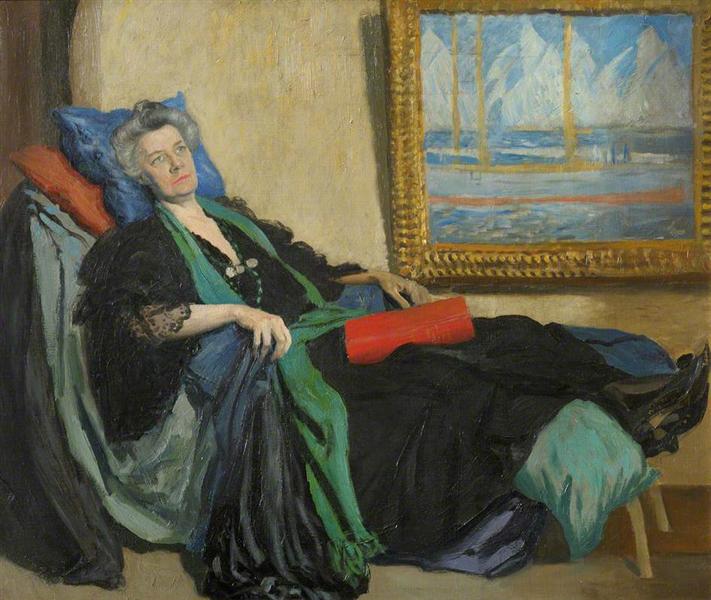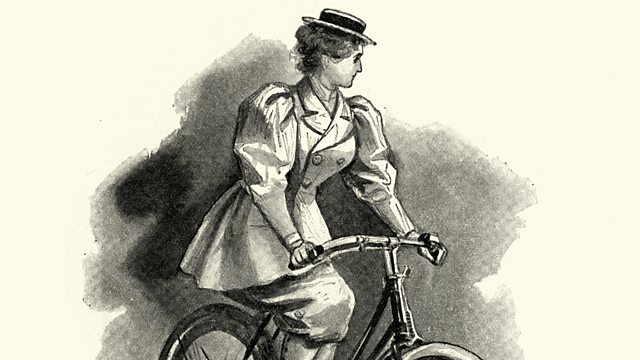Celebrating the 138th anniversary of the birth of Virginia Woolf (born 25th January, 1882)! Would she be flattered or embarrassed at the attention posterity has granted her? Who knows, but …
Woolf has been an interesting part of my reading life for some years now, but in recent times I have been thinking about her more than ever. And re-thinking her contribution to literature and her legacy, and discovering aspects to her life and her writing that were previously unbeknownst to me. The following 2014 video featuring her biographer Hermione Lee, is therefore a find and a treat on this day.
Lee focuses in her lecture on how Woolf’s shifting, slanting representation of fragmented time in her fiction, encapsulated as it is in memory, is often framed with some temporal precision – dates and seasons are important. An obvious example is Mrs. Dalloway; set on a Wednesday in mid-June 1923, and perhaps less obvious; the time span suggested in Night and Day where a Sunday evening in October must be 1911, and winter turns to spring. And actual historical events are indicative; Lee refers for instance to the mention of a general election and suffrage bill in The Voyage Out, dating the narrative to 1910.
Given my familiarity with her diaries, and the continued scrutiny I apply to them, I recognised well Woolf’s preoccupation with questions of mortality, her own and that of others, her predilection to relate her present with specific dates in days gone (often the deaths of the near and dear, family and friends), and how these memories found their way into her literary works. And I was always amused by her simple arithmetical doodlings, which I interpreted as resulting from a weakness in mental arithmetic but may well have been Woolf’s idiosyncratic way of measuring time gone (and remaining); of balancing her book of life.
This video has inspired even more thought – I swear every time I am about to move on to other things, something else relating to the Woolf comes my way! Virginia Woolf may not have thought much of H.G. Wells, but she was as interested in the vagaries and possibilities of time travel as he – just in another, less mechanical, more mysterious manner. When I think about how, in much of Woolf’s writing, time ebbs and flows and overlaps and turns back on itself, I wonder whether it is not Woolf’s non-mechanical approach that better captures the essence of relative time, and that in some ways is more compatible to the precepts of modern science. [I remind myself here to look into a certain French philosopher called Henri Bergson – mentioned in response to a question in the last minutes of the video.]



